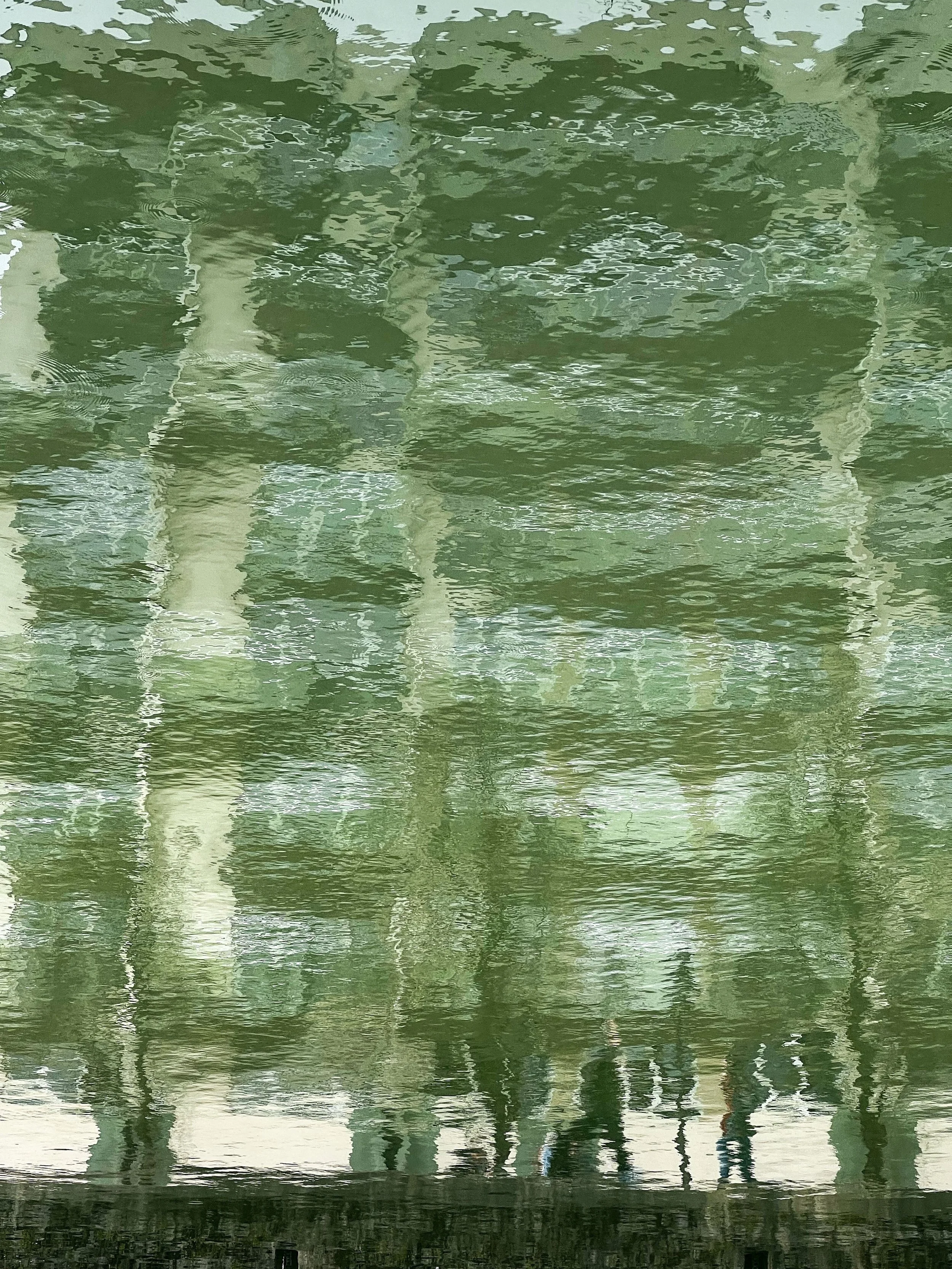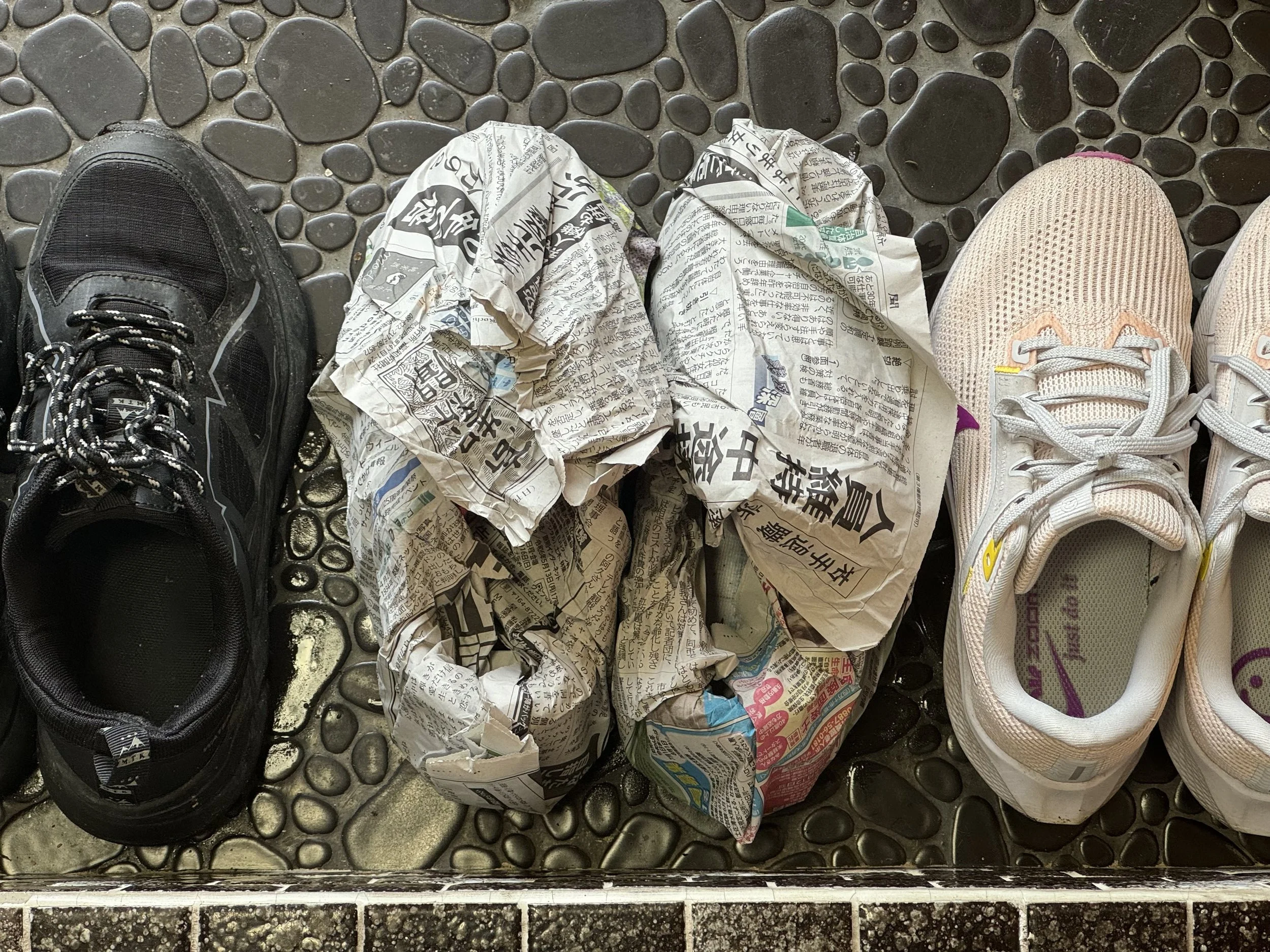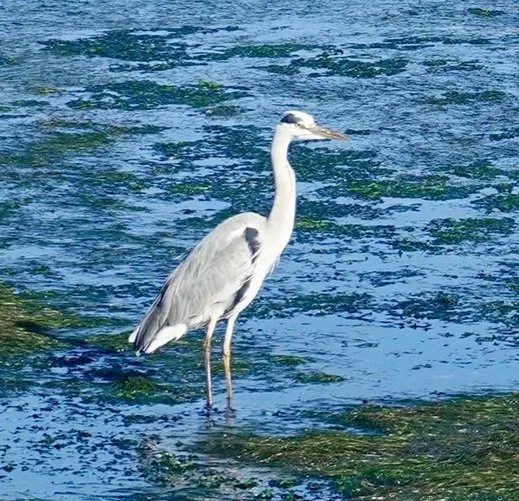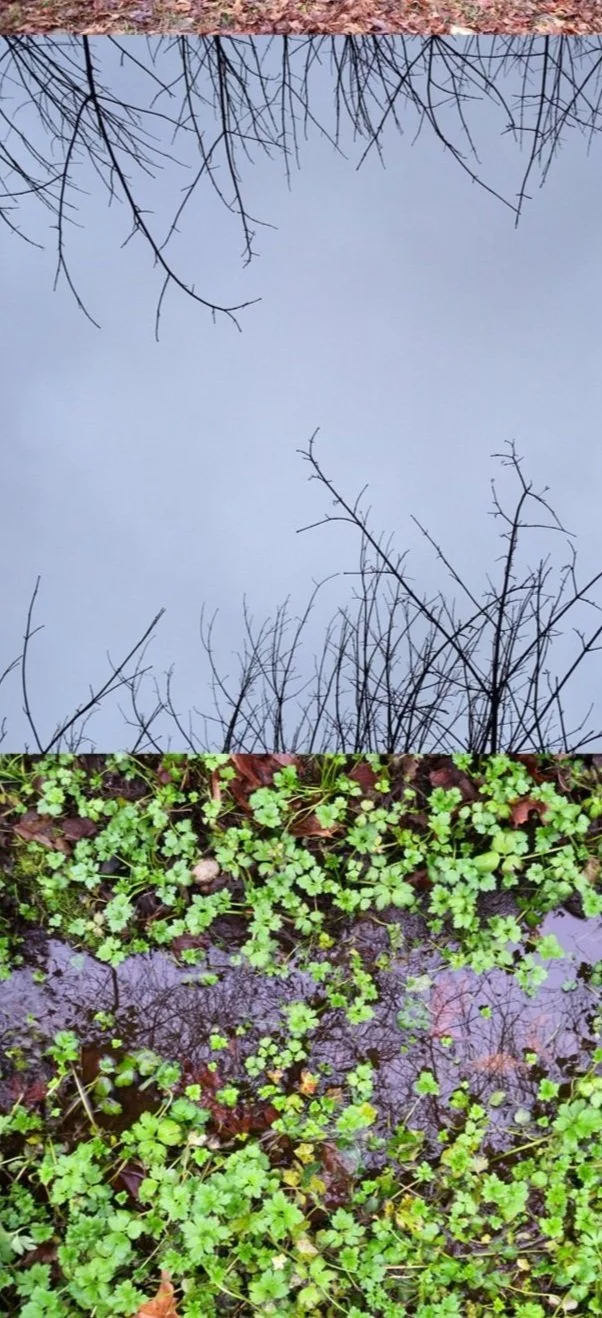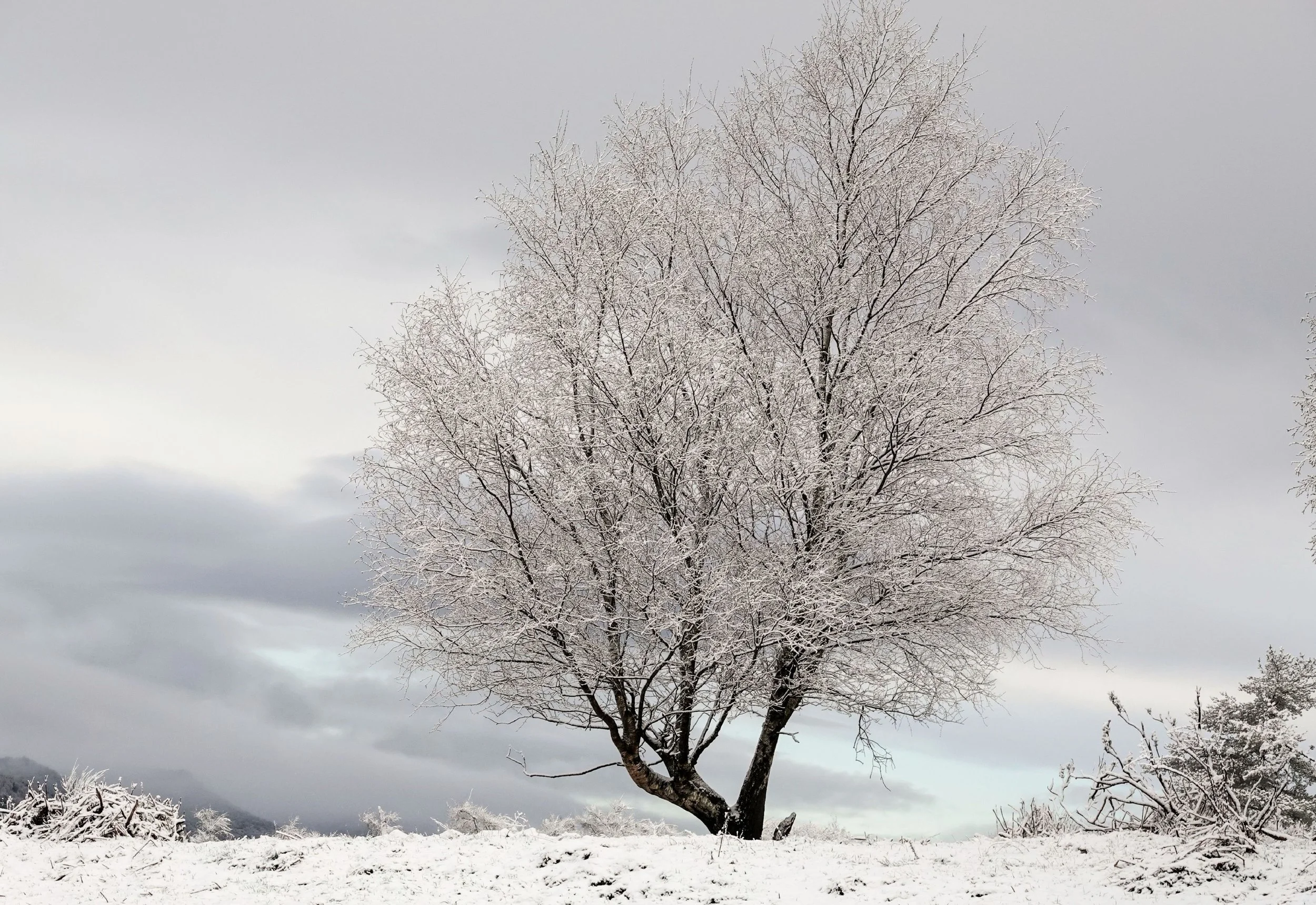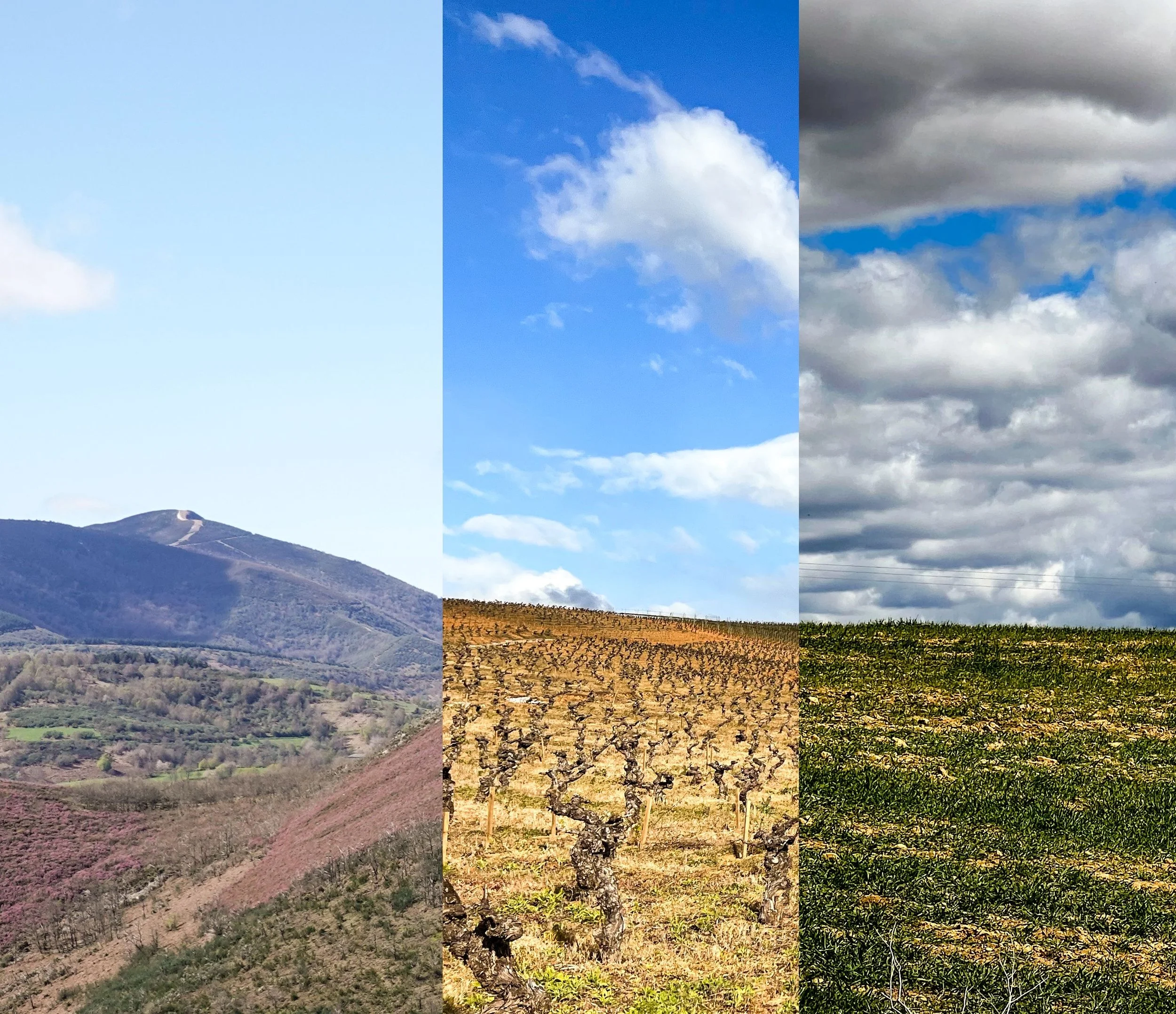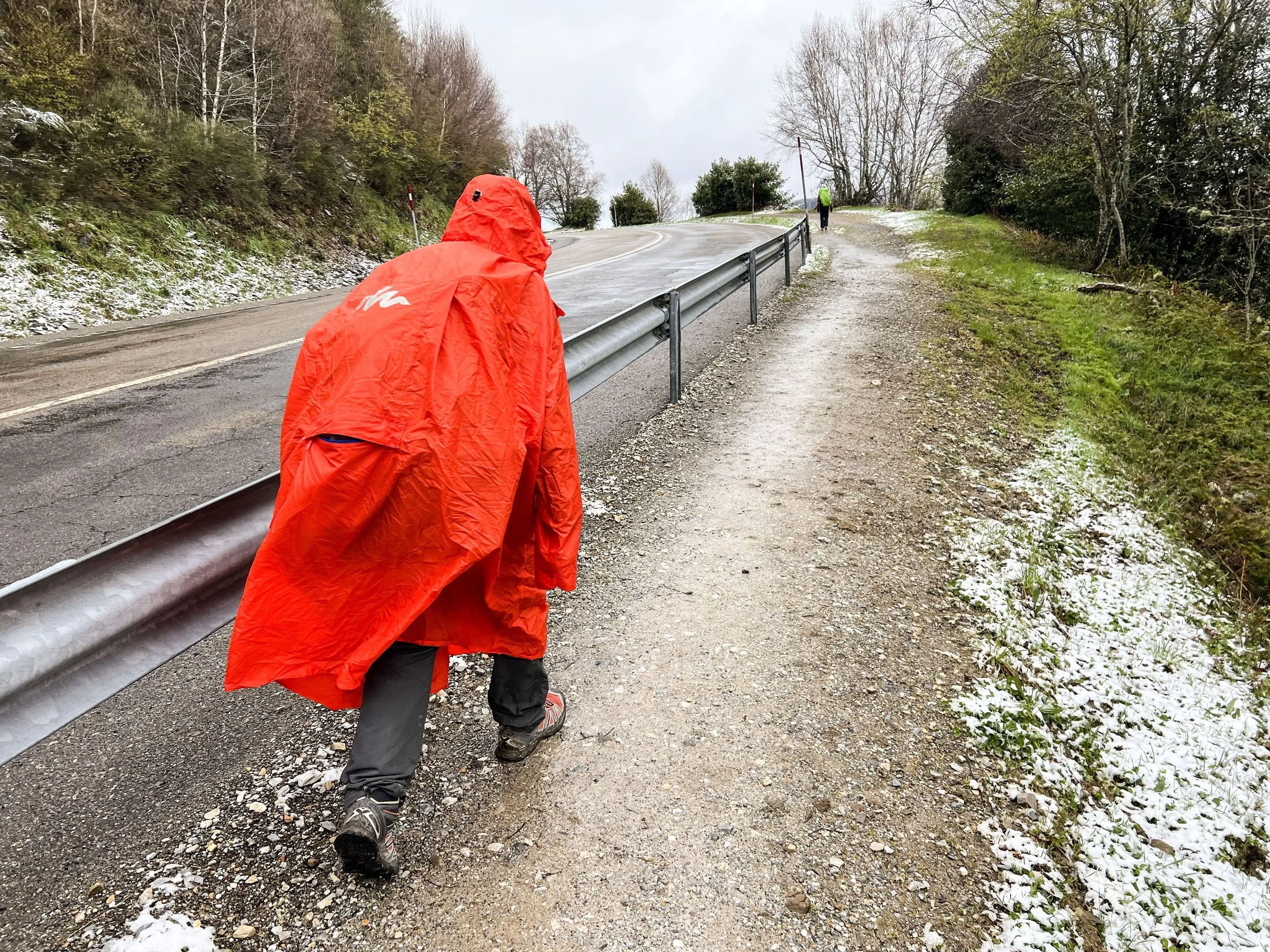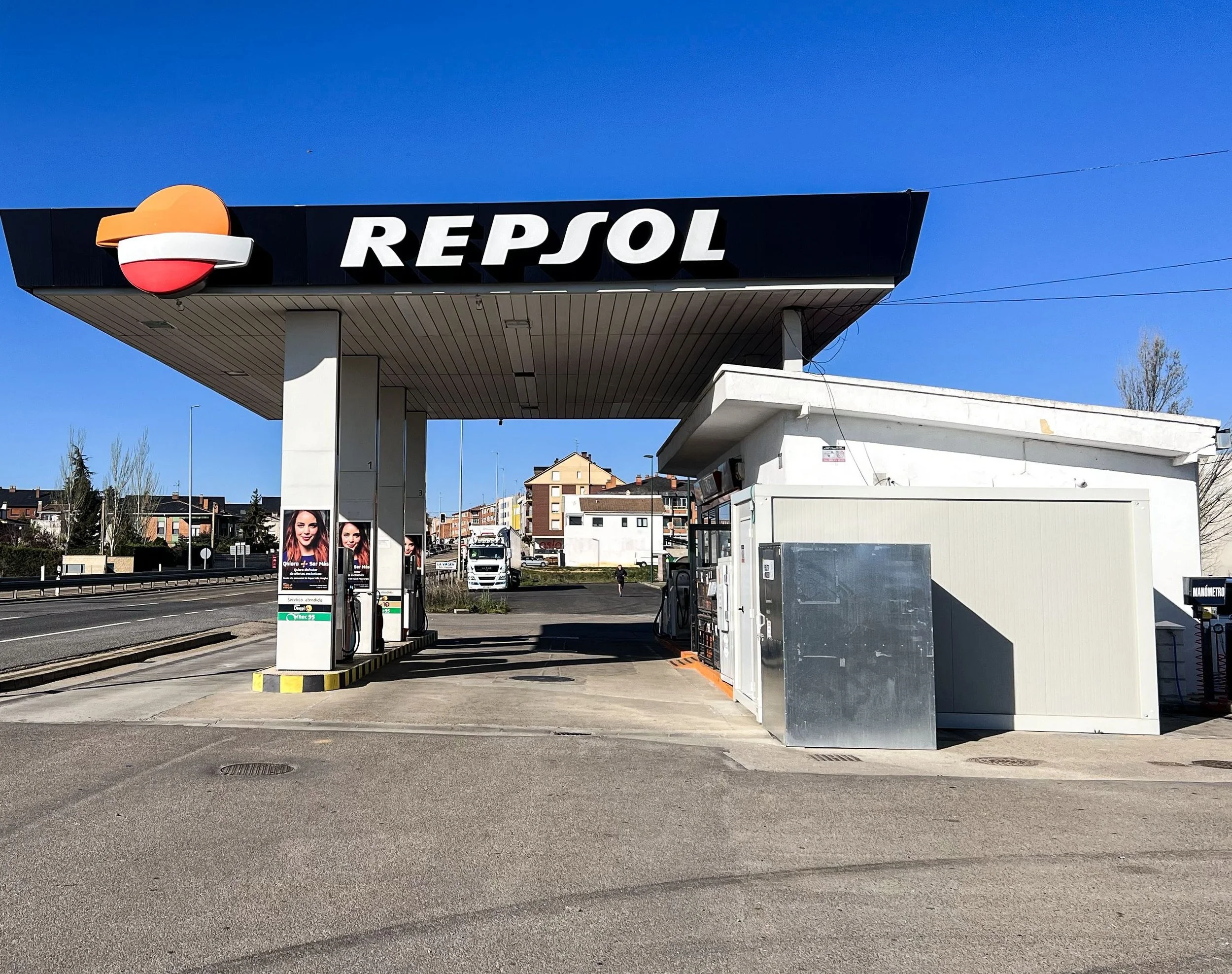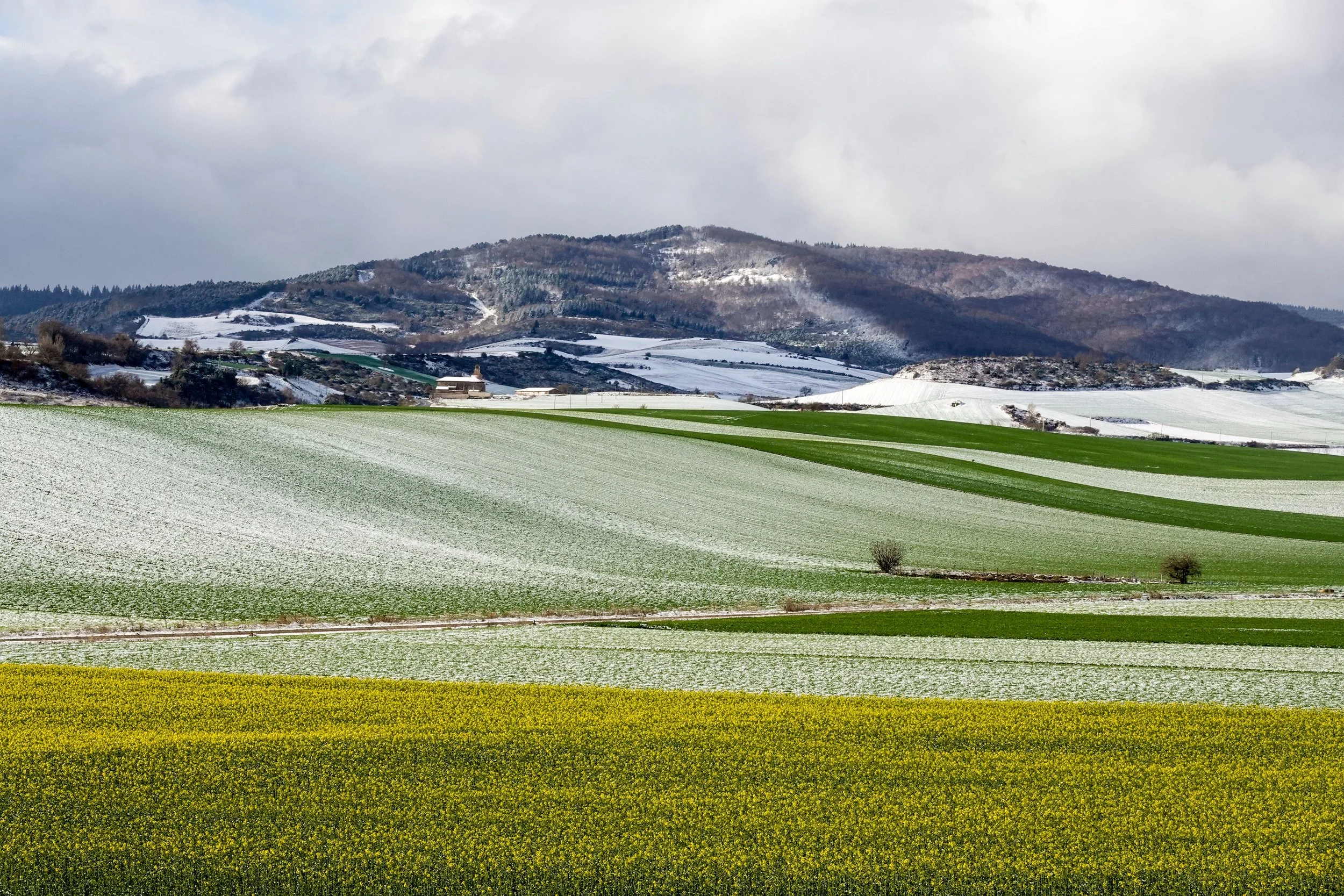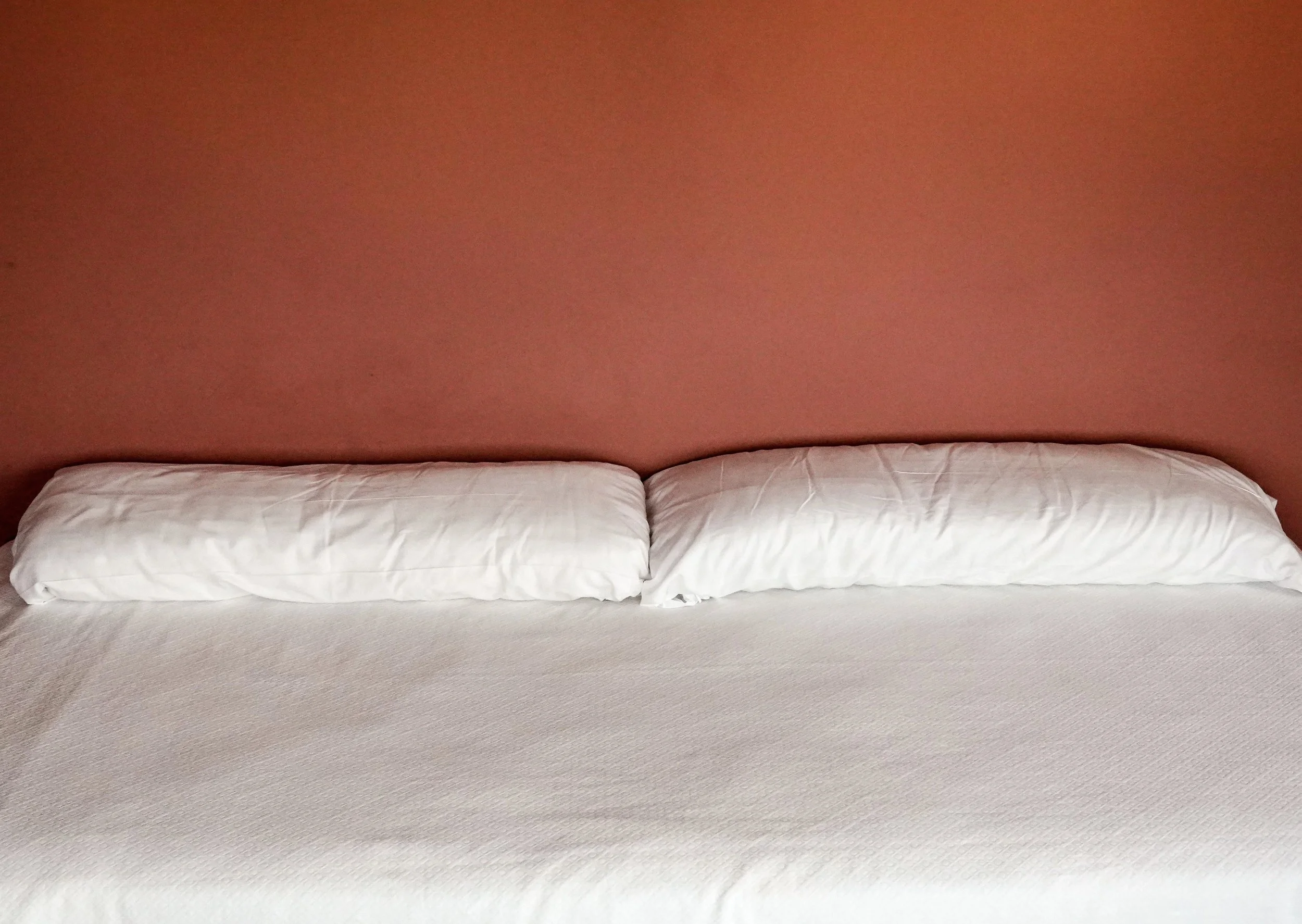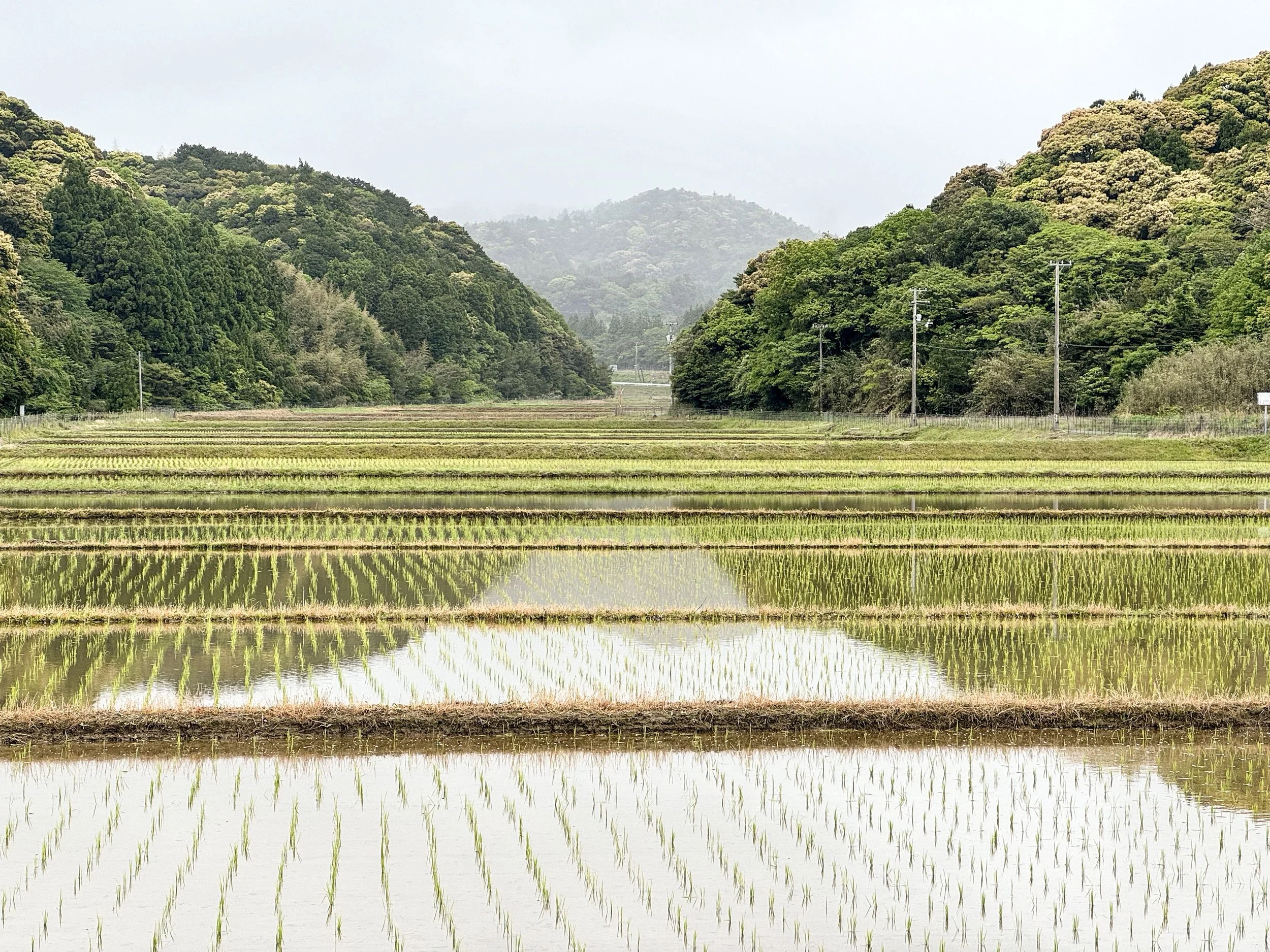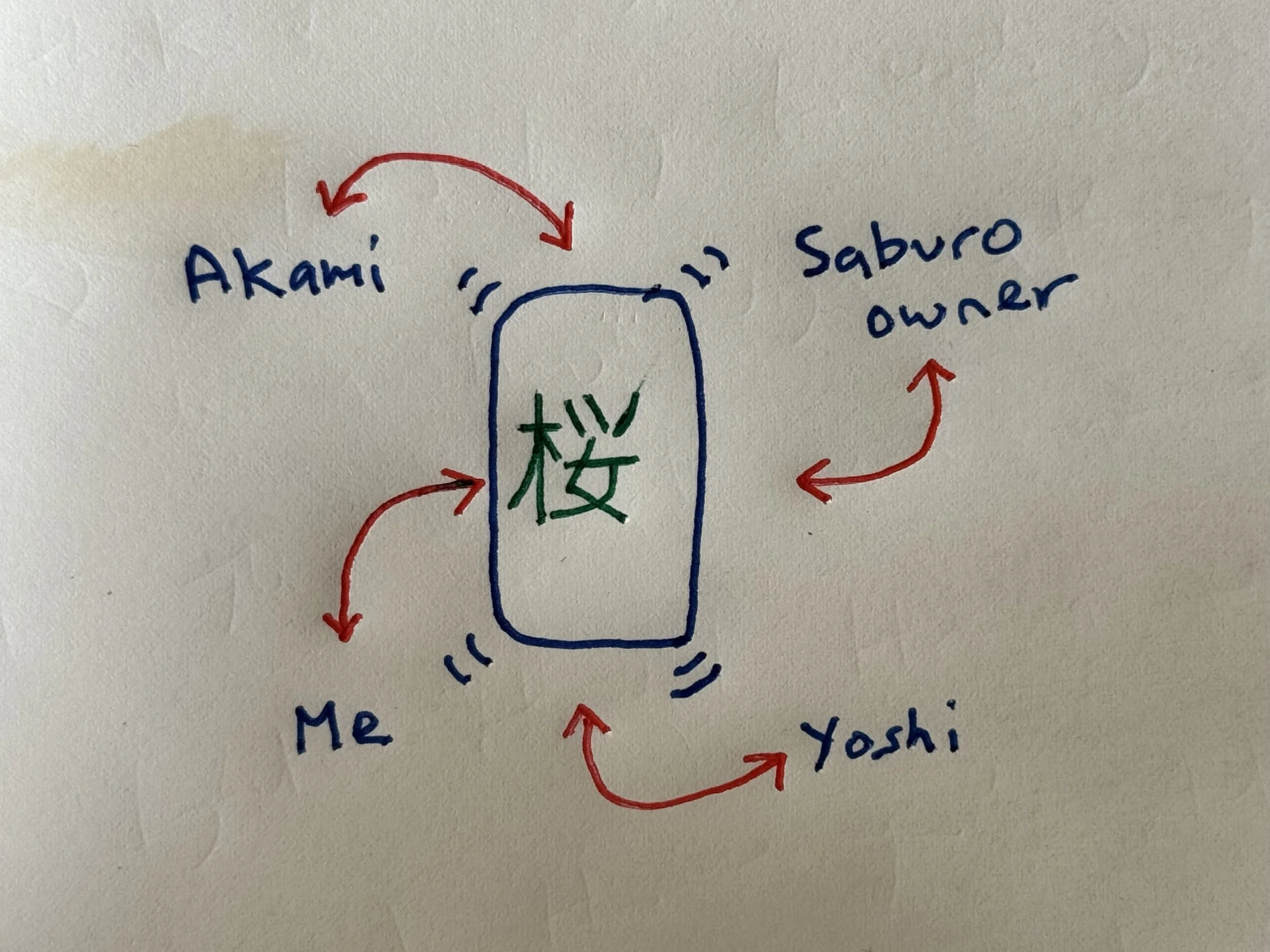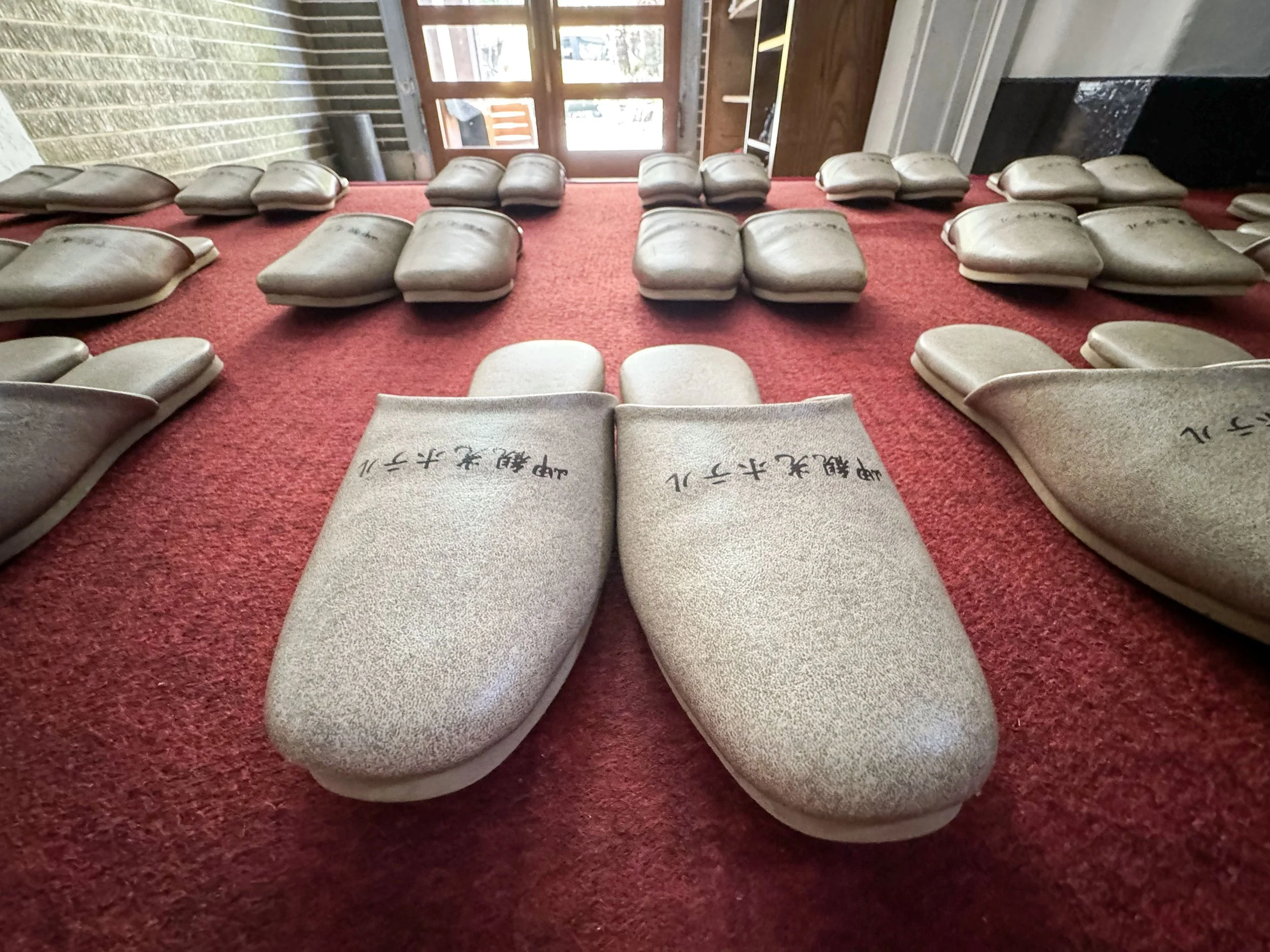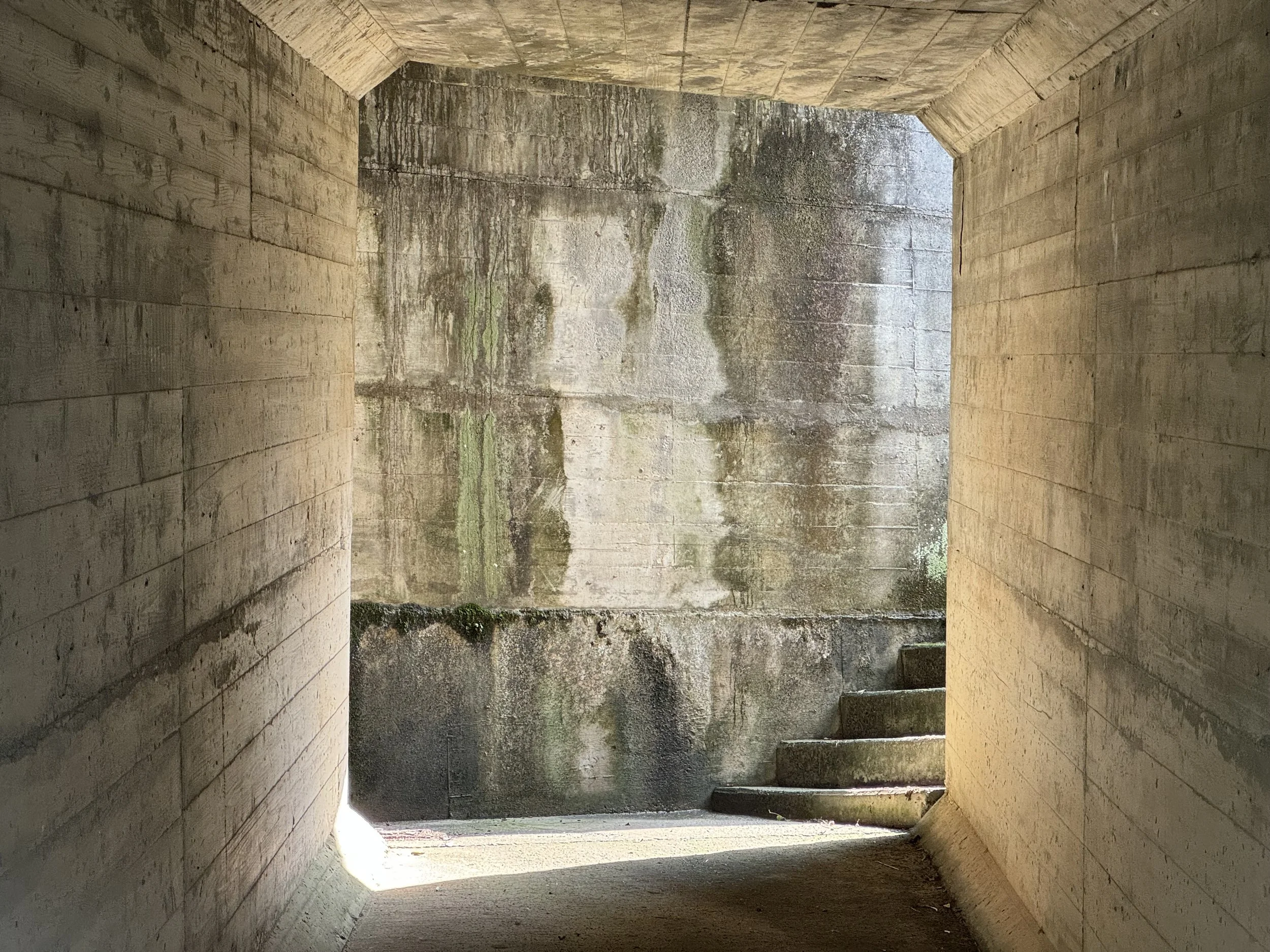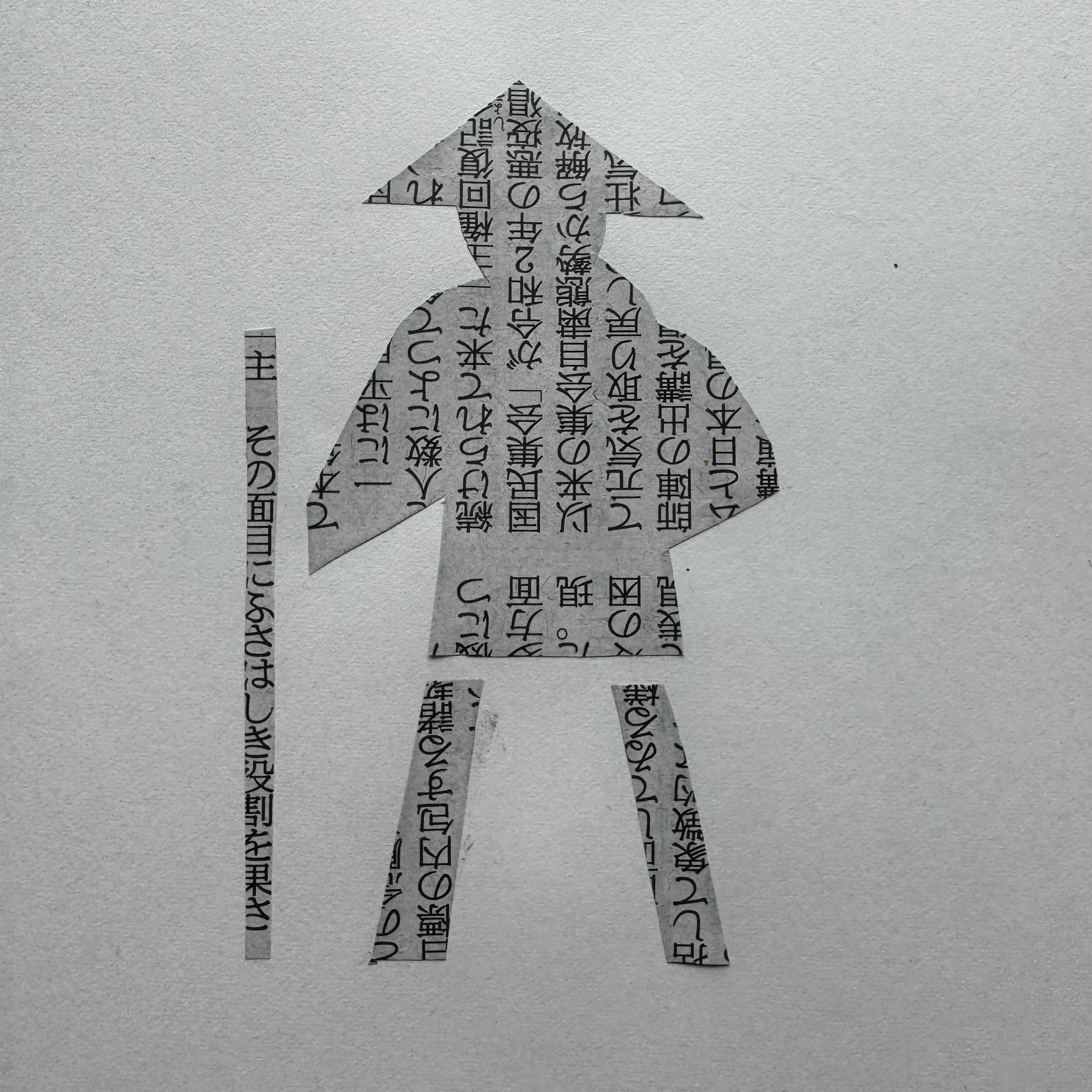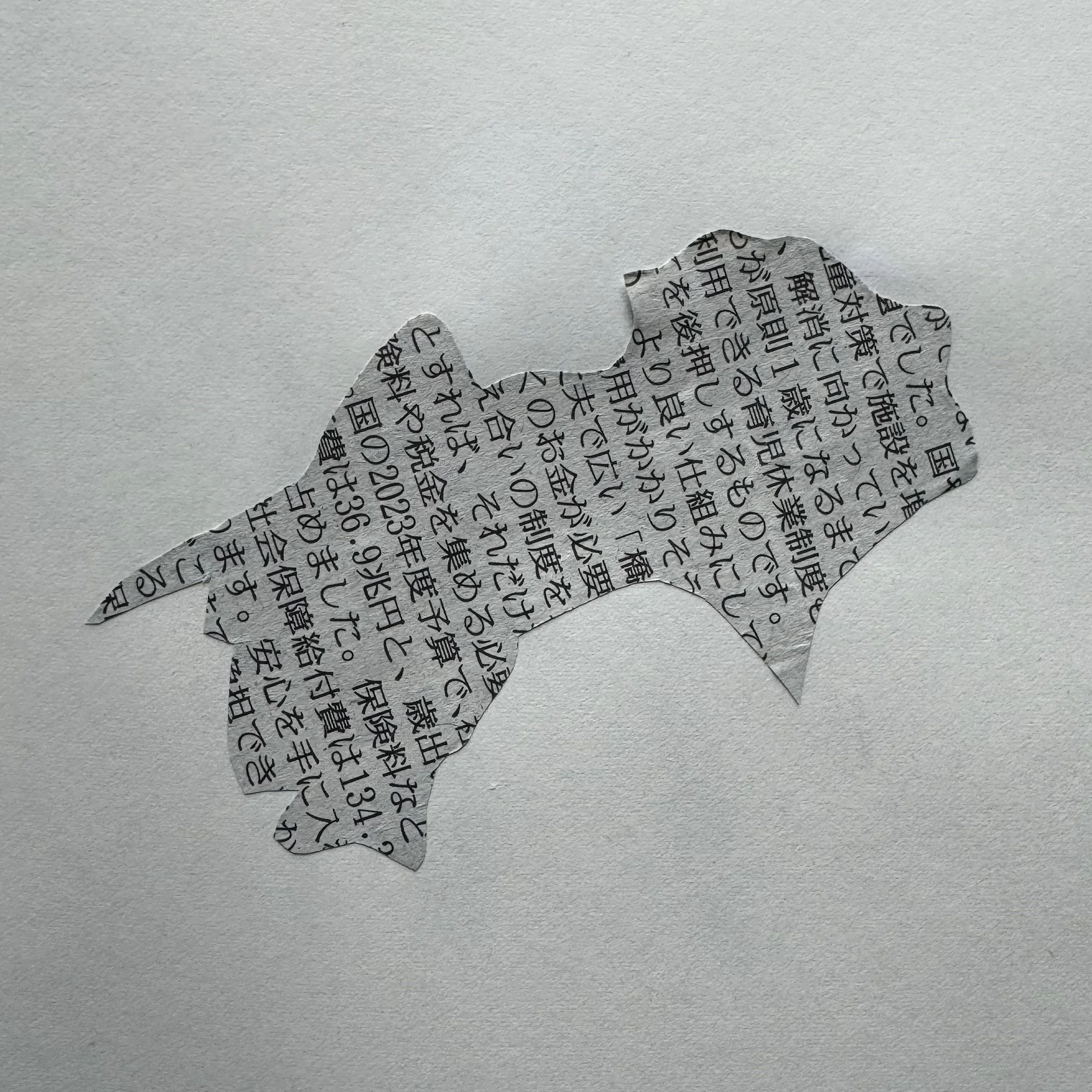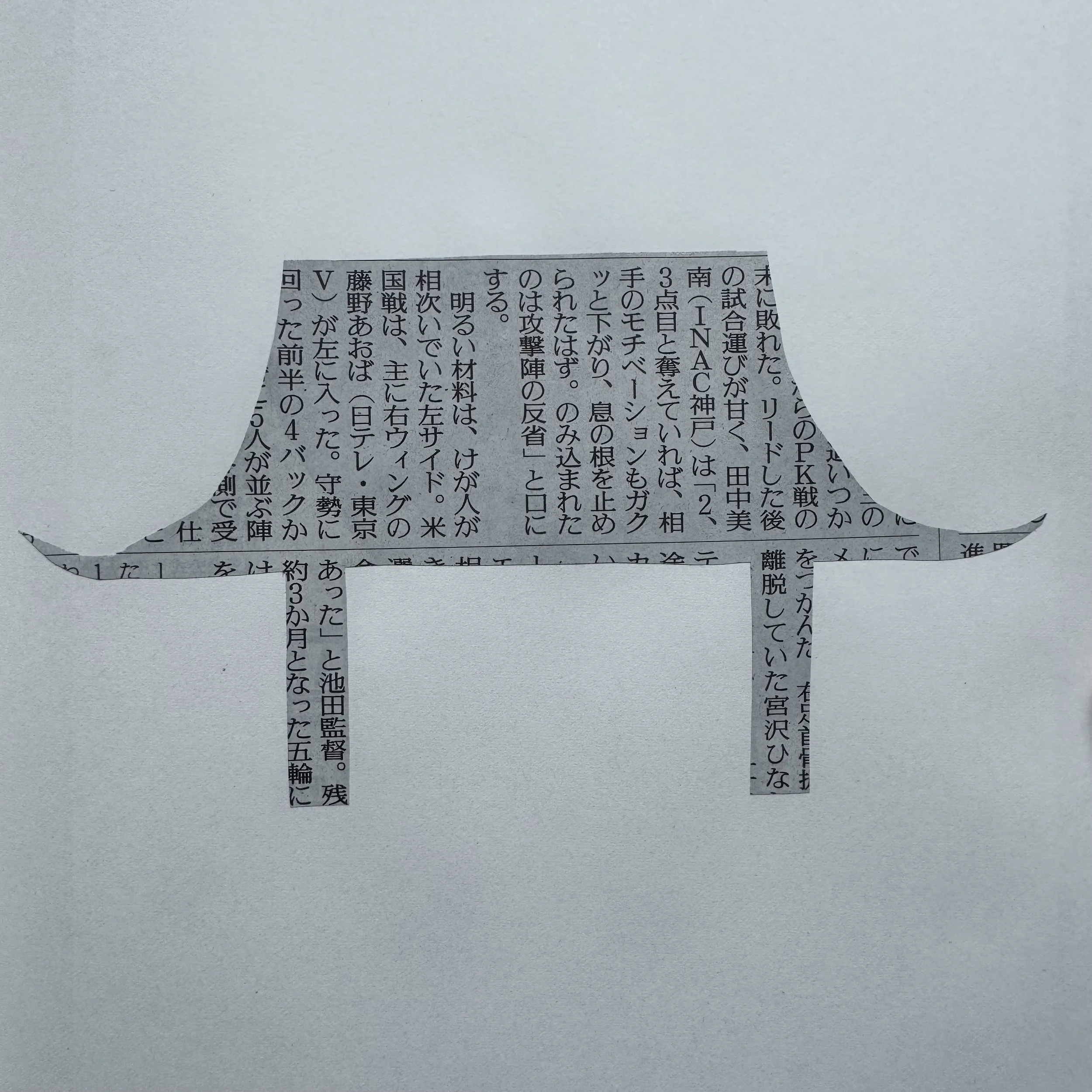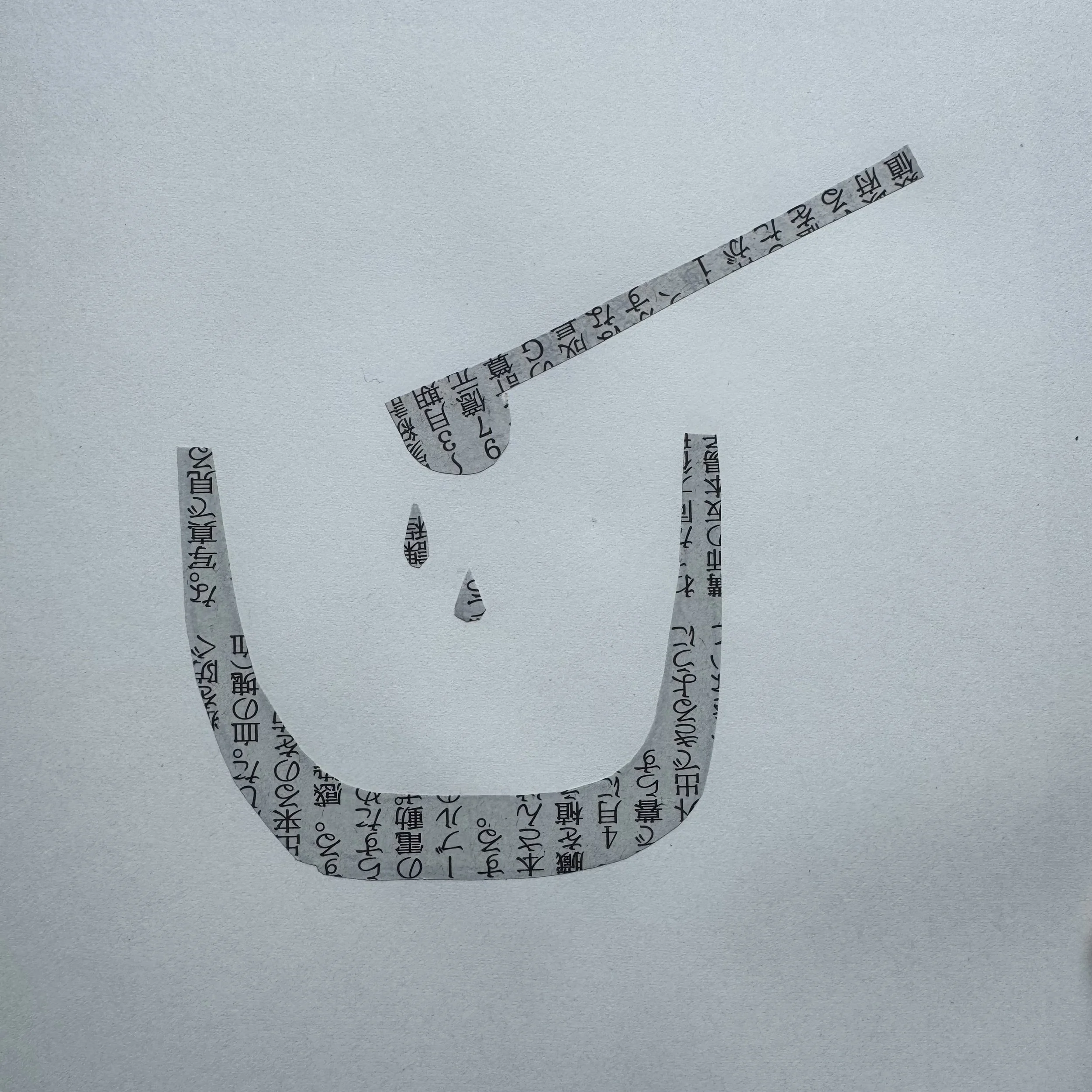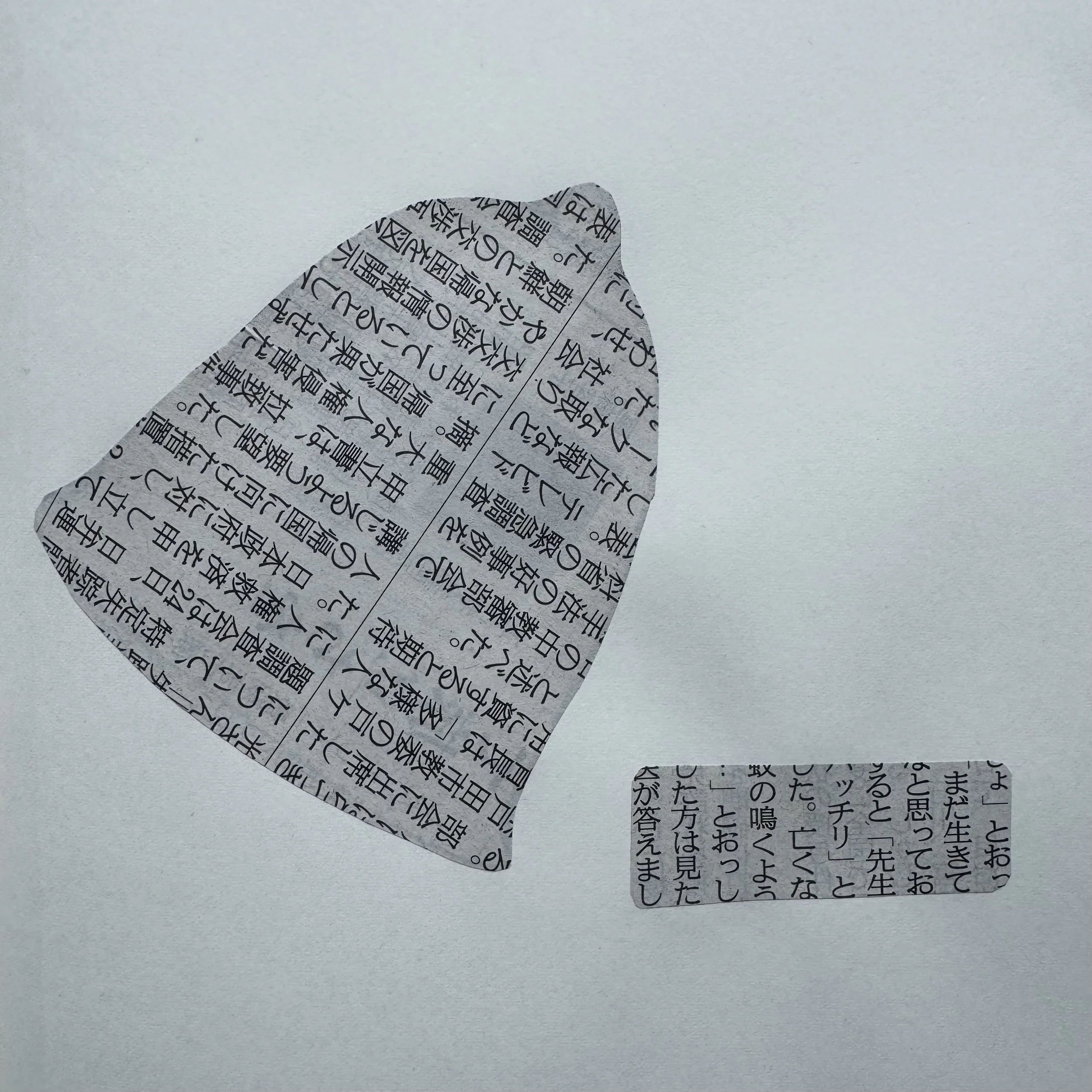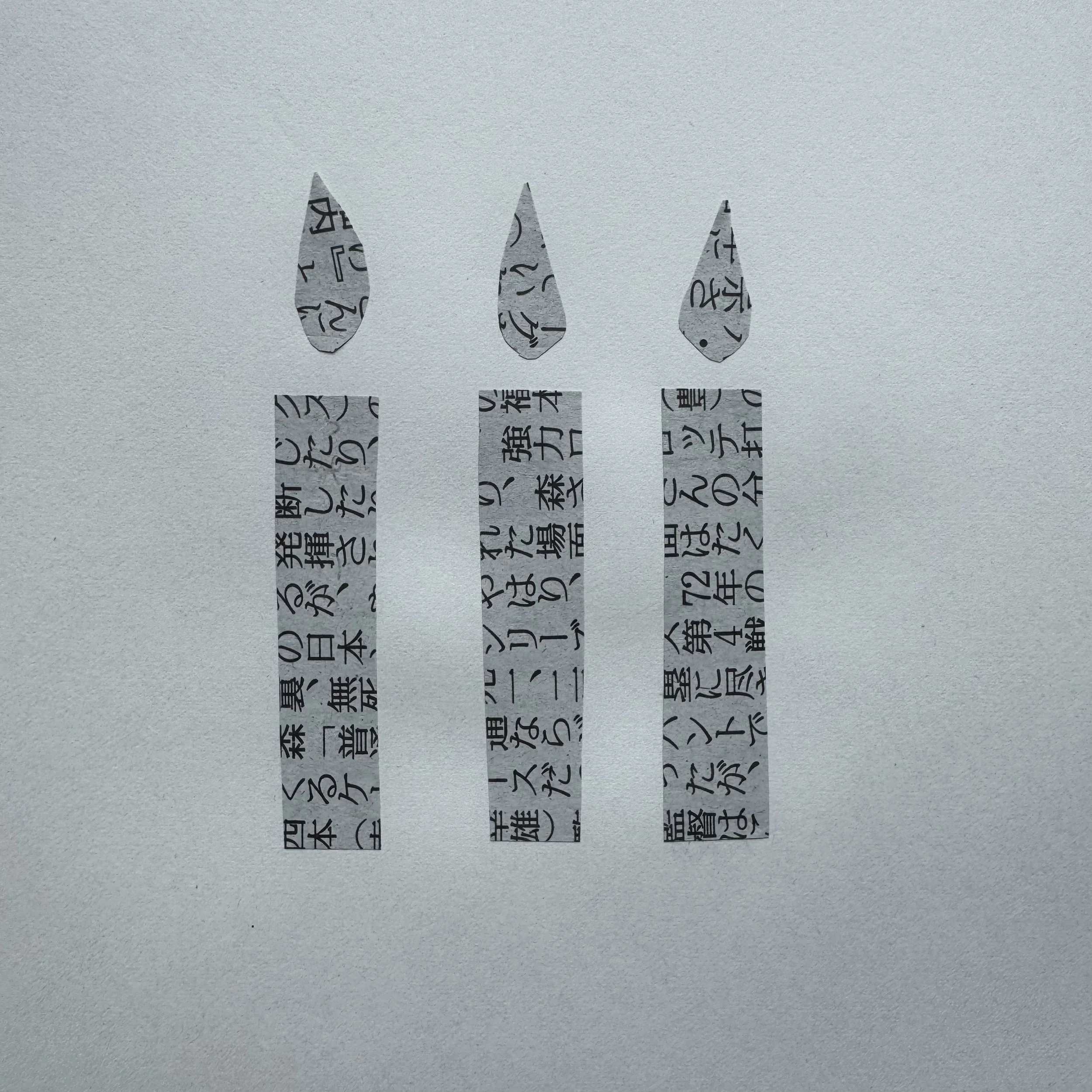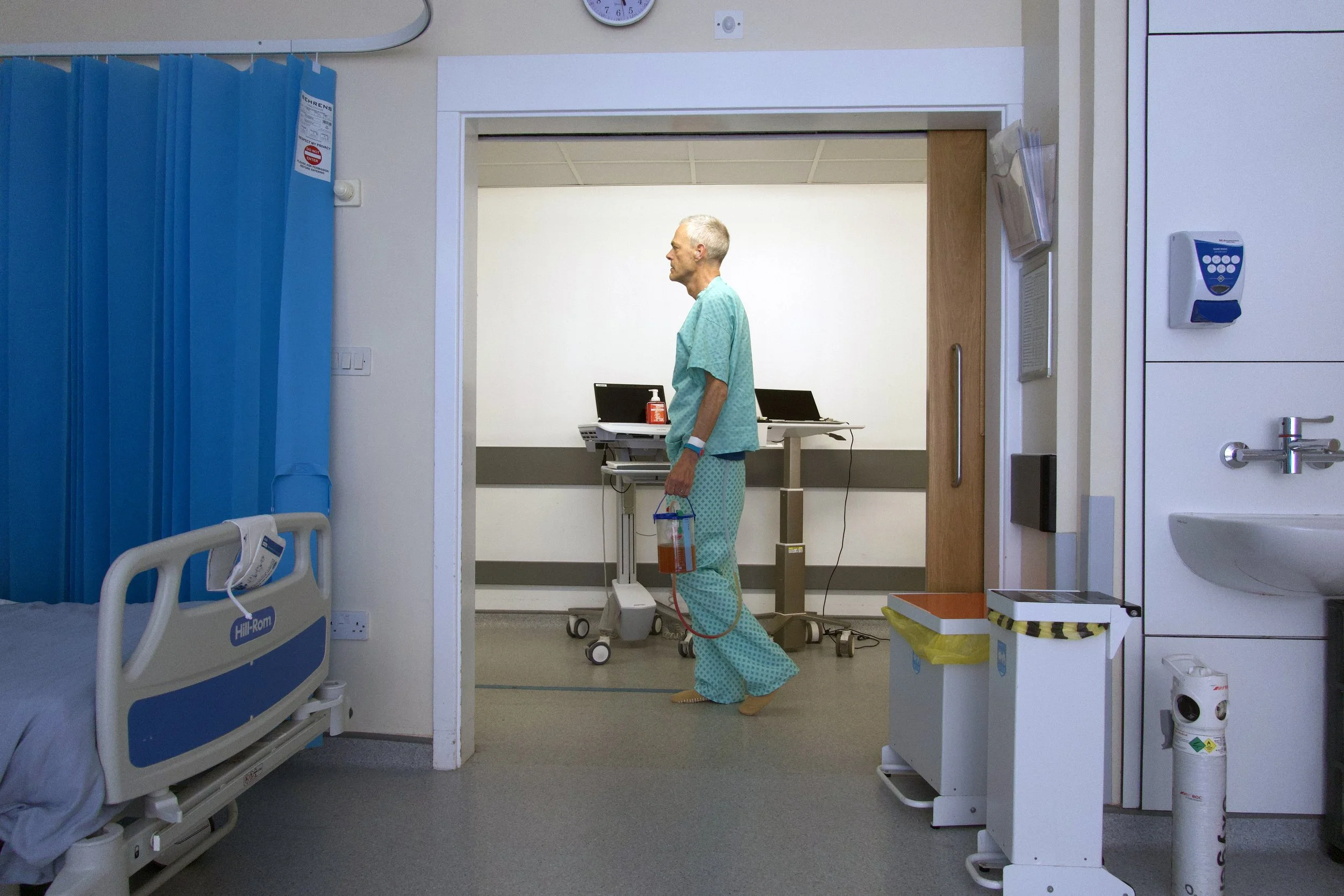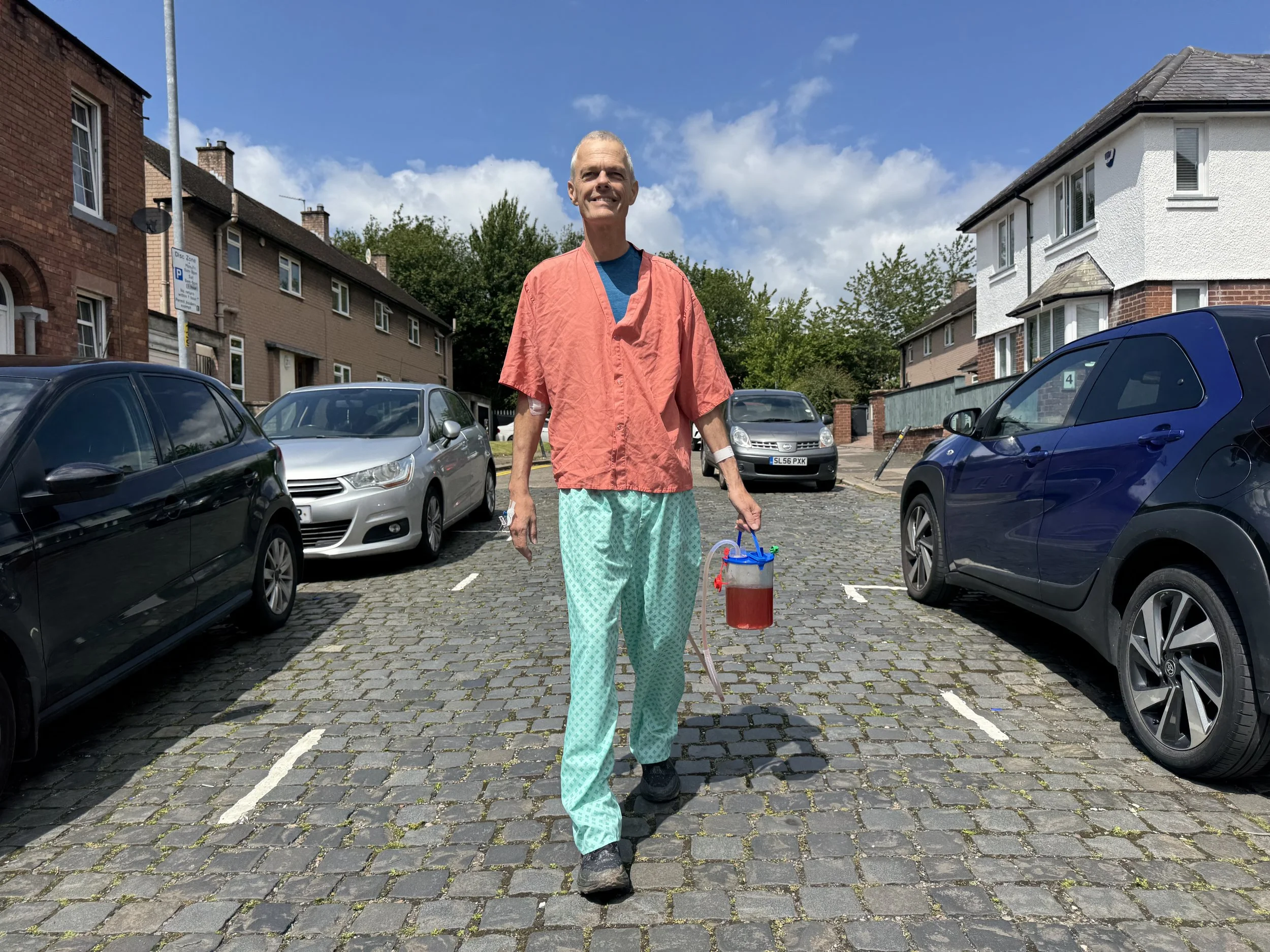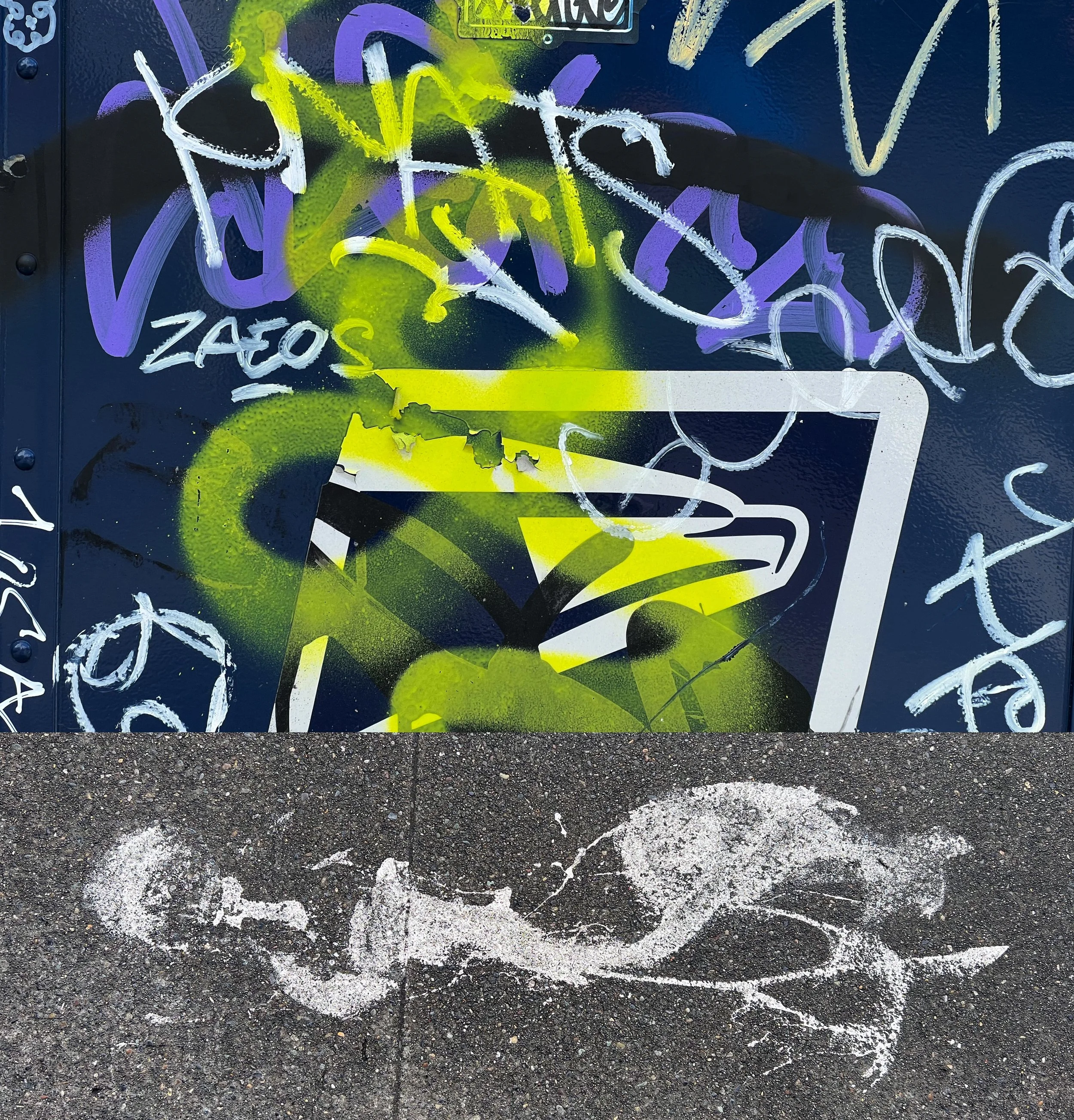Walks
France
Paris, Canal Saint Martin, 4hrs
Spain
El Camino de Santiago, 35 days
At home Maria and Michael were preoccupied. She took care of her mother. He looked after the grandchildren. “Here, when you walk, you’re all alone,” Micheal said.
“There is more time,” Maria said. “My family’s not here so it’s between me and God.”
Mountains become valleys become plateaus. A town leads to a city and open fields. Each night a different bed. At home, I enjoy moments of new sprinkled into my routine. This constant change is unlike anything I have encountered. I expected my body to be tested, but the real challenge is to the mind. I did not train for this.
“I’m 73 years old and I don’t want to admit that. I want to be able to do what I want to do and not just go, I’m too old,” Jack said about why he was here. “I know there are limitations and limitations coming. I kind of want to push them off as much as I can.”
I expected the wheat fields, forests, and churches. What surprised me was the day the Camino passed through this gas station. There was something delightful about the holy intersecting with the mundane.
“I think of it as physical prayer, a five-week physical prayer,” Tom said about the Camino.
My home routines vanished—walking the neighborhood routes, the morning newspaper, eating Grape-Nuts—except for one. Wherever we stop for the night, Sarah sleeps to the left, I to the right. Yesterday she suggested mixing it up. “No,” I said, “that might be my undoing.”
Japan
Shikoku Island Henro, 26 days
A mother’s solution to her child arriving home with wet shoes.
Akima and Yoshi—I didn’t know their names yet—sat on either side of me at the bar. I said, “Kon’nichiwa,” and “Arigato,” to the owner when she handed me a menu. She thought I spoke Japanese. I gestured with my hands, “That’s all I know.”
She laughed.
Yoshi said, “Have nice day.”
Akima followed with, “How are you?”
After exhausting their English words, Akima reached for her phone, spoke to it, and waited for the robot English translation. The phone said: “Why are you in Japan?” “Why choose this restaurant?” “Have you seen the cherry trees?” I told them about the Japanese sister city that gave Seattle cherry trees years ago and how I watched them bloom on my street.
I think of the phone, particularly at meal times, as pushing people apart. Here, what would have been a momentary exchange turned into an hour-long conversation.
After a day of walking unfamiliar territory, we arrived to: Indoor slippers. Outdoor slippers. No slippers in the bedroom! Toilet down the hall. Toilet slippers! Shared bath. Wear a robe to dinner. Sit on the floor to eat. Sleep on a tatami mat.
I slowly adapted to the new until 8pm when I had enough. I closed my eyes, slept 10 hours, and started again in the morning. The days remind me of when our children were toddlers, excited and exhausted by a new world.
The trail passed beneath highways and urban bridges, spaces that were clean, dry, and protected from the elements. I saw no shopping carts filled with possessions, no wet sleeping bags or blue tarps. In Seattle, these places would have been occupied.
[Top to bottom. Left to right.] 1. Pilgrim. 2. Shikoku Island. 3. Temple entrance. 4. Wash hands. 5. Ring arrival bell. 6. Light candles.
United Kingdom
The plan was to walk the Coast-to-Coast Trail across northern England. On the first day, my energy, that had been low for a week, dropped out. I went to an emergency room, thinking that medication would solve the problem and the walk would continue. Instead, I was diagnosed with pleurisy. A doctor attached a tube to my back in order to drain liquid from the base of my lung into a bucket that I called my purse. I spent two weeks carrying my purse in a hospital where I took a series of Pleurisy walks.
Northern England, 14 days
Pleurisy Walk (69 paces to the end of the ward)
Pleurisy Walk (into the hospital neighborhood)
Portugal
El Camino Português, 28 days
Rio Douro walk from Porto center to the sea.
Rio Lerez walk from city center to sea, Pontevedra.
Broadway
Seattle, 30 minutes
A walk ending on Broadway Avenue.
